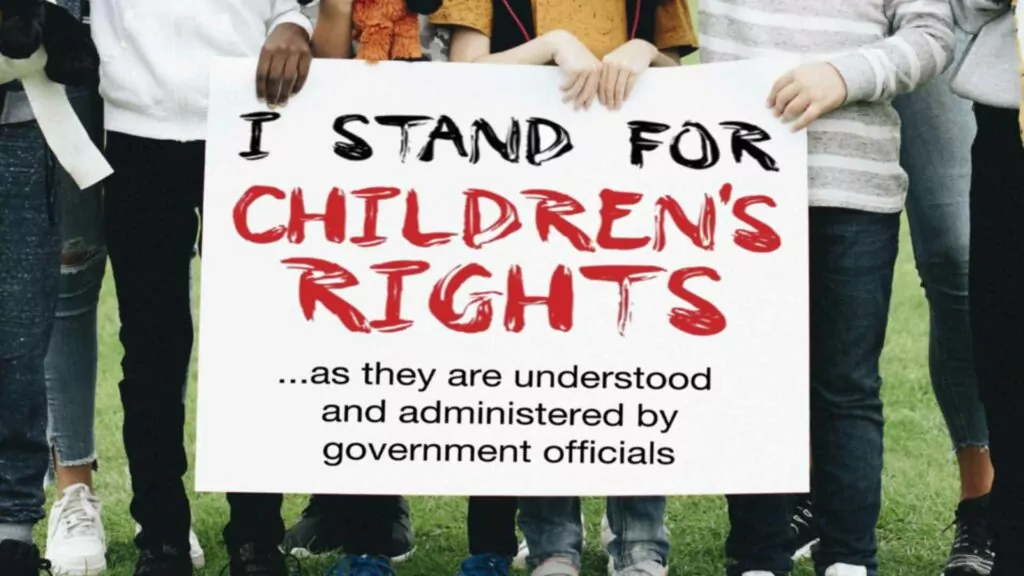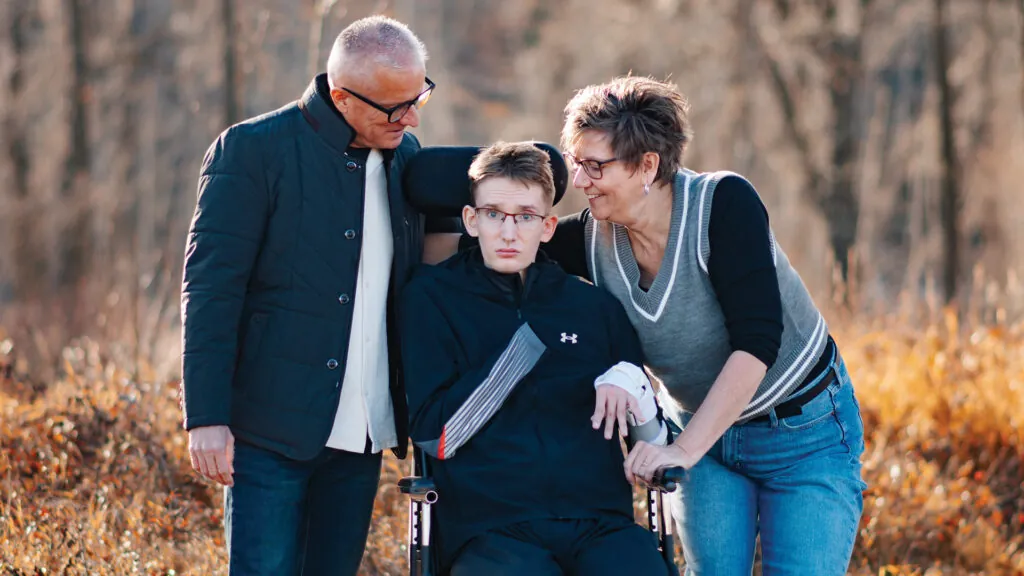A massive growth in population had Alberta Premier Danielle Smith announce $8.6 billion in funding, over three years, towards building new schools in the province. And for the first time ever, a provincial government has said it will help cover the construction costs of new independent schools too.
It’s this decision to fund private schools’ construction that has received the attention and predictable outcry. “This policy shift increases the siphoning by funneling what sounds like unlimited public capital funds to pay for the construction of exclusive buildings that most Albertan kids cannot access,” complained the communications director of the activist organization Support Our Students Alberta in a column in the Edmonton Journal.
Independent schools in Alberta currently qualify for 70 per cent funding of operating revenue, but they have to cover all their own capital costs.
Michael Van Pelt and Catharine Kavanagh, from Cardus, defended the premier’s announcement in their own hard-hitting article, also published in the Edmonton Journal:
“Public education includes 45,000 Alberta kids attending independent schools. They too are members of the public — and their education is as much public as it is in any government-run school.”
Van Pelt and Kavanagh explained that every child that is educated at an independent school leaves an open space in a “big-board” school. And that saves the province $3,400 per student. Further, independent schools have grown at three times the rate of public schools since 2022, so they are experiencing far more expansion pressure.
Specific details haven’t been shared yet about how the province hopes to help fund capital projects for independent schools.
While government funding can be a massive relief to Christian parents, increased funding can so easily result in an increased reliance on the government. It was only six years ago that a previous Alberta government demanded Christian schools add terms like gender identity, gender expression, and sexual orientation to their policies, allow “gay-straight alliance” clubs, and remove some of their references to the Lord and the infallibility of Scripture from their policies. Schools that didn’t bow their knee were threatened with a loss of funding and accreditation.
So, while funding can be a blessing, let’s be careful to not make our children’s education dependent on it.












